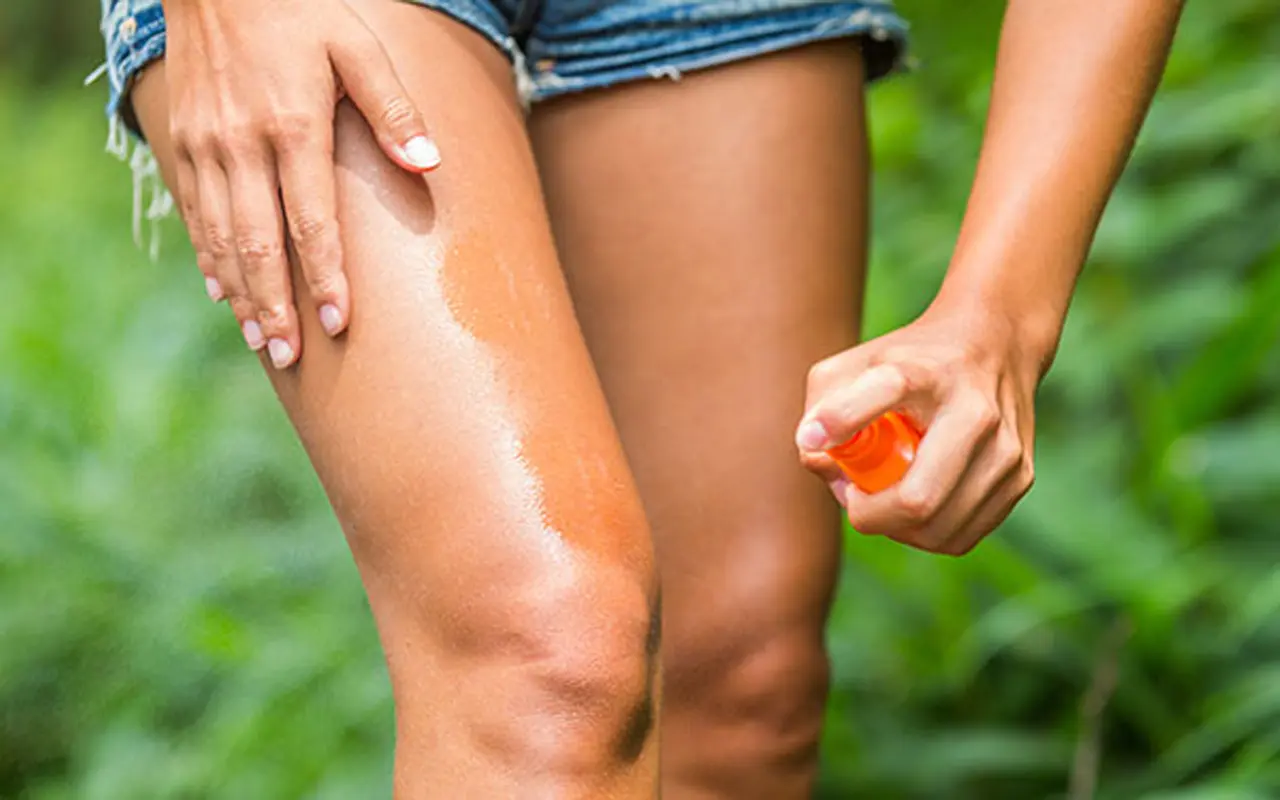Chikungunya: Symptoms, Treatment, & Prevention
Beyond being pesky, mosquitoes can also spread diseases like the Chikungunya virus. Learn about the symptoms of Chikungunya and how to help protect your loved ones from mosquitoes that may carry diseases.
Powered by the SC Johnson Center for Insect Science®
Chikungunya is a mosquito-borne disease that is spread to humans through the bites of infected Aedes aegypti and Aedes albopictus mosquitoes, both of which bite aggressively during the daytime.
Our scientists breed and study Aedes aegypti and Aedes albopictus mosquitoes at the SC Johnson Center for Insect Science™ to develop tips and products that can help you protect your family and get rid of mosquitoes carrying the Chikungunya virus.
Signs and symptoms of Chikungunya
According to the World Health Organization, most people infected with Chikungunya virus will develop some symptoms. Chikungunya symptoms usually begin 4-8 days after being bitten by an infected mosquito, but this can range from 2-12 days1. Chikungunya symptoms include:
- Fever
- Joint and Muscle Pain
- Headache
- Nausea
- Fatigue
- Rash
Most people with Chikungunya virus recover fully, but in some cases, joint pain may persist for several months or even years1. Since Chikungunya shares some symptoms of Zika and Dengue, it can be misdiagnosed in areas where other mosquito-borne diseases are also common.1
Where is Chikungunya most common?
Cases of the Chikungunya virus have been reported in over 60 countries. It is most common in Africa, Asia, and the Indian subcontinent. However, Chikungunya has also been reported in Europe and the Americas.1 There is also a risk that infected travelers will import the virus to new areas. If you live in or plan to travel to an area where this mosquito-borne disease is common, you can help protect yourself and your family by following the tips in our Chikungunya prevention checklist.
Chikungunya treatment
Since there are currently no medications to treat chikungunya, treatment focuses on relieving the symptoms of the virus. According to the Centers for Disease Control and Prevention, this includes getting plenty of rest, drinking fluids to prevent dehydration, and taking medications to help reduce fever and pain.2

Learn more about Chikungunya
- For more information about this mosquito-borne disease, check out the World Health Organization’s Chikungunya Fact Sheet.
- For more tips to help protect your home and family from these disease-carrying insects, read How to Help Get Rid of Mosquitoes
Find solutions for mosquitoes
We’re dedicated to helping you protect your loved ones from chikungunya-carrying mosquitoes. Check out our family of products specially designed to help you kill these pests in and around your home.
Sources
Disclaimer
This is provided for your information only and is not intended to diagnose or treat any medical condition. Should you have any symptoms or concerns, please contact your doctor.
Related

Dengue: Virus Protection and Disease Symptoms
Dengue is a deadly virus that is caused by the bite of a mosquito infected with any one of four dengue virus serotypes. Every year, the disease affects up to 390 million[1] people around the world.

Zika Virus: Symptoms & Prevention
Zika is most commonly spread through bites from infected mosquitoes and can cause fever, rash, joint pain, conjunctivitis and birth defects. Learn how to help protect your family from this mosquito-borne disease.

Help Protect Your Kids From Mosquitoes
From choosing the right clothing to applying insect repellent, find expert tips for how to help keep mosquitoes away from your children.

